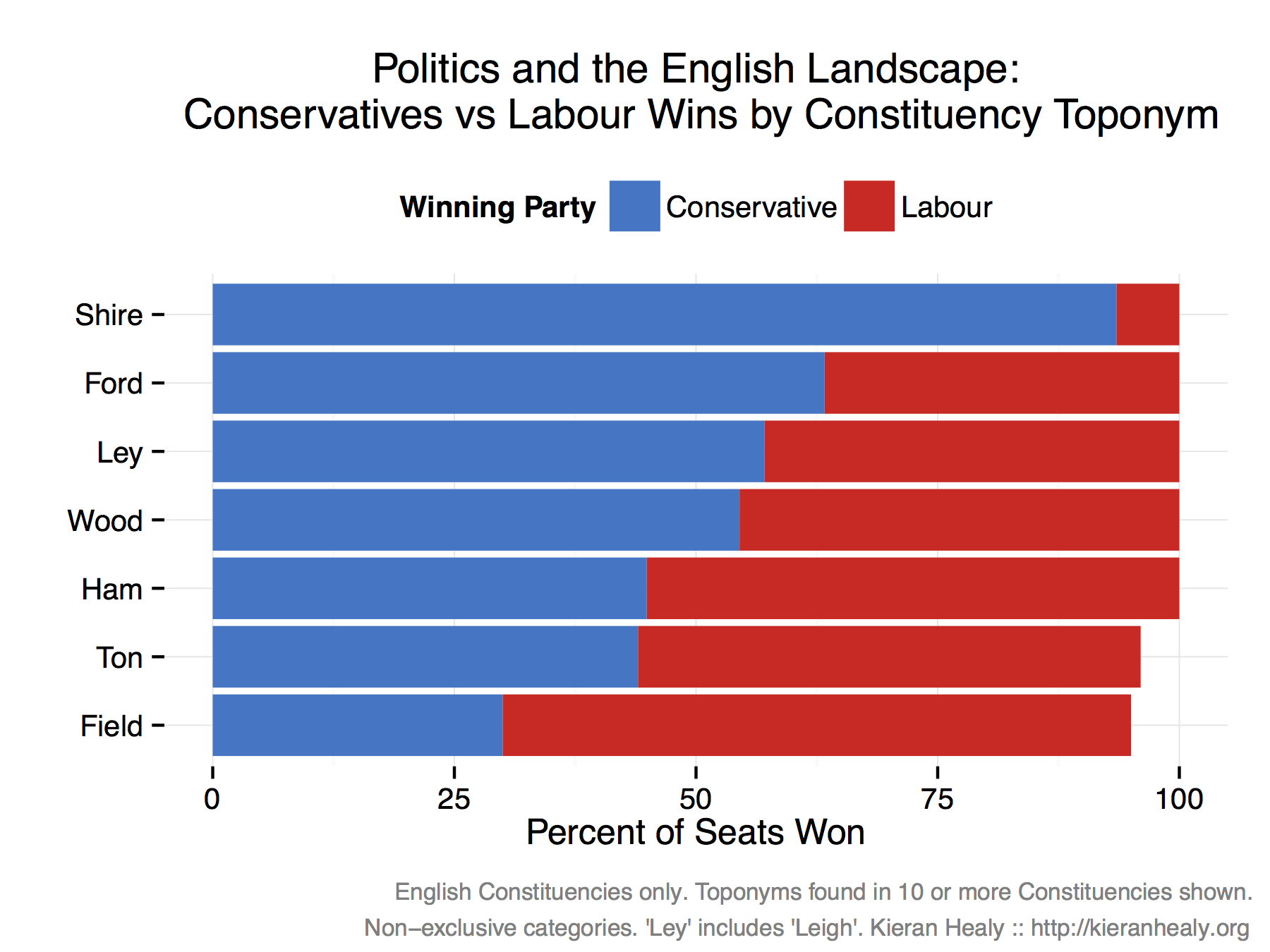The New York Times has a piece about Obama’s push to gain “fast-track” authority for the proposed Trans-Pacific Partnership, which would preclude any amendments by Congress after the deal (still secret, except for what Wikileaks has revealed) is announced. The key para, buried a fair way down
To the president, the Trans-Pacific Partnership would counter the economic weight of China and set rules on labor, the environment, intellectual property and investor protections for the growing economies of the Pacific Rim. For members of Congress, it’s about jobs.
shows how differently the debate is playing out in the US compared to other countries involved, such as Australia, and how much leading papers like the New York Times are missing the point
In the Australian debate, it’s generally understood (based on both economic modelling and past experience) that there won’t be much effect on jobs either way, at least not through the direct effects on trade. For the critics (just about everyone on the left), it’s precisely the “rules on labor, the environment, intellectual property and investor protections” that represent the big concerns. All of these rules benefit corporations at the expense of workers, the environment, the free flow of information and national sovereignty. It’s the general strengthening of corporate power, and not the flow of goods, that will harm jobs, wages and working conditions Investor-State Dispute Settlement provisions, for example, have been used to challenge minimum wage laws.
Leading US critics like Elizabeth Warren and the AFL-CIO have raised some of these points, noting (for the benefit of Republicans in particular) that the ISDS provisions will enable unaccountable arbitrators to override US federal and state laws.
The use of trade deals as an instrument of geopolitics is also unwelcome for a country like Australia that needs to balance itself between the US and China. Despite its enthusiastic support for the US and the TPP deal, the conservative government here signed up to join China’s regional infrastructure bank, developed largely in response to China’s exclusion from the TPP.
But US news coverage can’t seem to get out of a frame set by the trade deals of last century, such as NAFTA.

